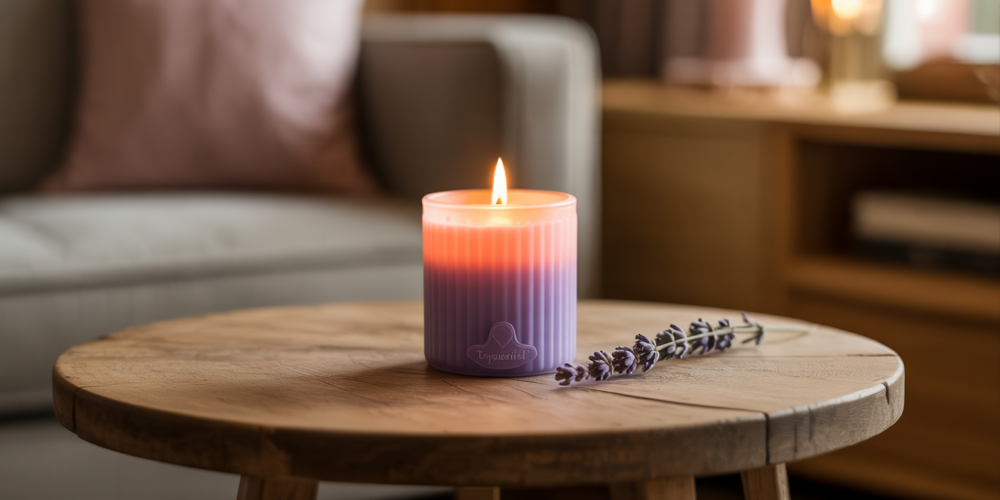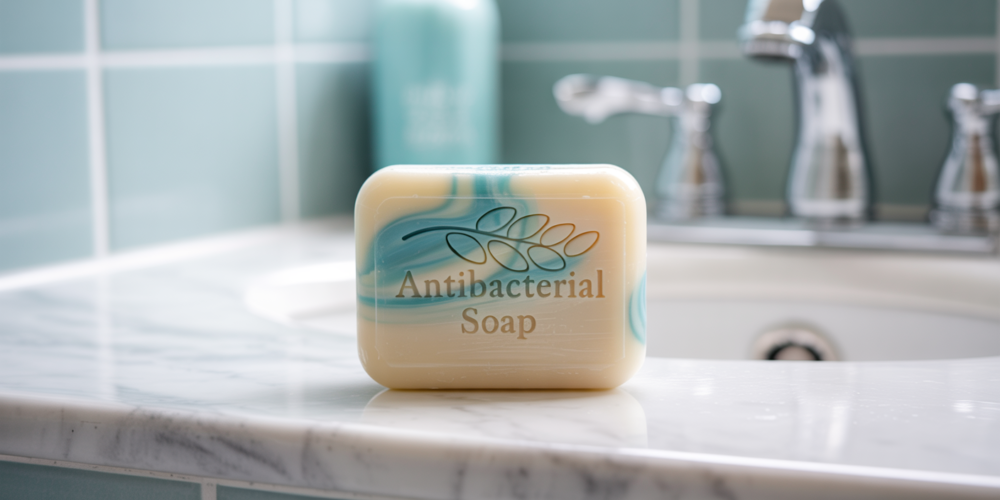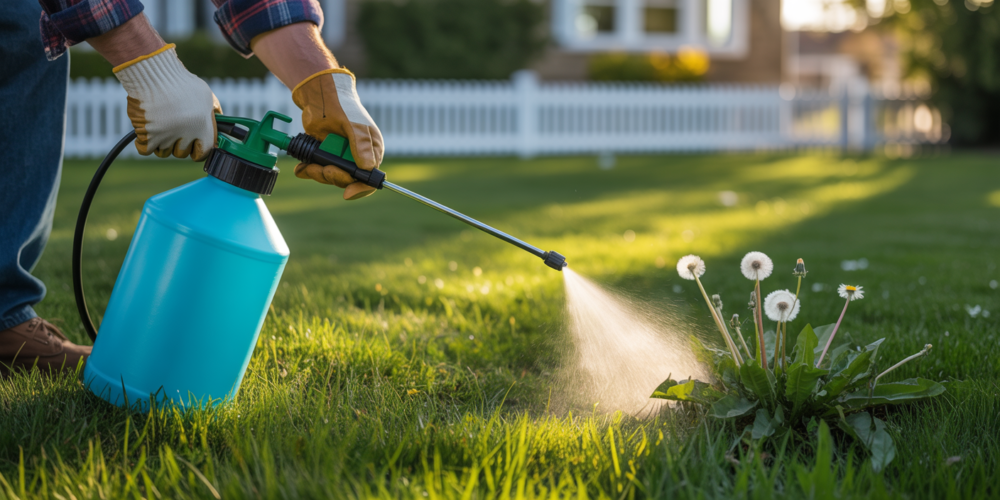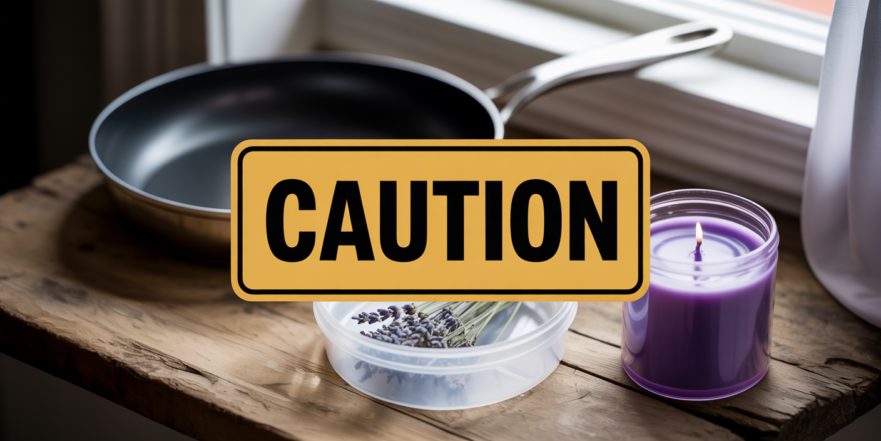6. Scented Candles

A scented candle can create a cozy ambiance, but most of them are made from paraffin wax, a petroleum byproduct. When burned, paraffin wax releases highly toxic VOCs, including toluene and benzene, which are known carcinogens—the same chemicals found in diesel exhaust. The artificial fragrances used in these candles are another source of airborne chemicals. When you smell that strong “Apple Cinnamon” or “Ocean Breeze” scent, you are inhaling a chemical cocktail.
The Safer Swap: Look for candles made from 100% beeswax or soy wax, which burn cleaner and don’t produce the same toxic soot. Ensure they are scented only with pure essential oils, not synthetic “fragrance oils.” They might be a bit more expensive, but they won’t pollute your indoor air.
7. Microwave Popcorn

That convenient bag of microwave popcorn is a triple threat. First, the inside of the bag is almost always coated with PFAS chemicals to prevent the oil from soaking through. When heated to high temperatures, these chemicals vaporize and infuse the popcorn itself. Second, the “butter flavoring” is often a chemical concoction called diacetyl, which has been linked to a severe respiratory condition known as “popcorn lung.” Finally, the oils used are often partially hydrogenated, unhealthy trans fats.
The Safer Swap: Make your own popcorn! It’s easy, cheap, and so much healthier. You can use an air popper or simply cook popcorn kernels in a pot on the stove with a little coconut or avocado oil. Then, you can top it with real melted butter and a sprinkle of sea salt.
8. Antibacterial Soaps

It seems logical that “antibacterial” soap would be better for you, but the opposite is true. Many of these products contain a chemical called triclosan (or a similar alternative, triclocarban). The FDA has stated there is no evidence that these soaps are more effective than plain soap and water at preventing illness. Worse, triclosan is another endocrine disruptor and has been shown to contribute to the development of antibiotic-resistant bacteria, a major public health threat.
The Safer Swap: Just use regular soap and water. The key to effective handwashing is the mechanical action of scrubbing with soap for at least 20 seconds, which physically removes germs from your skin. You don’t need a chemical agent to kill them.
9. Plastic Shower Curtains

That strong, distinct chemical smell that comes from a new vinyl or plastic shower curtain is the smell of off-gassing. These curtains are typically made from polyvinyl chloride (PVC), which releases dozens of chemicals, including phthalates and VOCs, into the air. The hot, steamy environment of a shower only accelerates this process, creating a toxic fog for you to breathe in every time you wash.
The Safer Swap: Opt for a shower curtain made from a less toxic material like cotton, hemp, or linen (with a waterproof liner if needed), or install glass doors. If you must use a PVC curtain, take it out of the package and let it air out outside or in a garage for several days before hanging it.
10. Pesticides and Herbicides

Chemicals designed to kill weeds and insects, like those containing glyphosate or 2,4-D, are poisons by definition. The skull and crossbones symbol on the label should be taken seriously. When you spray these on your lawn or garden, they don’t just stay there. They can be tracked into your house on shoes and by pets, becoming part of the dust in your home. Exposure to these chemicals is strongly linked to cancer, particularly non-Hodgkin’s lymphoma, as well as neurological and reproductive problems.
The Safer Swap: Embrace a more natural approach to yard care. Pull weeds by hand or use a weed torch. For pests, there are many non-toxic options like diatomaceous earth or insecticidal soaps. For weeds, a spray made from concentrated vinegar, salt, and a drop of dish soap can be very effective on unwanted growth in driveway cracks.
Conclusion
After reading this list, it’s easy to feel overwhelmed and think that everything in your house is out to get you. But please, don’t let that be your takeaway. Instead, see this as an opportunity to take back control. You don’t have to throw everything out tomorrow. Start small. The next time you run out of all-purpose cleaner, try the vinegar solution. When your non-stick pan gets scratched, replace it with a cast-iron skillet. Each small, conscious choice you make reduces your body’s overall toxic burden. By making these simple swaps over time, you are creating a healthier, safer sanctuary for yourself and your loved ones. Remember, you are in charge of your own health, and that starts right at home.

